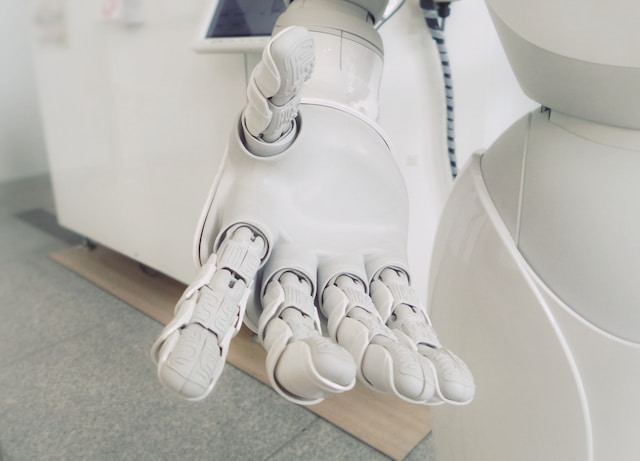Contents
Introduction
Robots are everywhere, from factories to your home. But what about healthcare? No, not just for health insurance. We’re talking actual robots that work in the medical industry — and they have a lot of different jobs to do!
Robots are everywhere.
Robots are everywhere. In fact, they’re used in many industries, from agriculture to manufacturing and transportation (think self-driving cars). Robots have also made their way into healthcare–from assisting surgeons to helping with drug discovery and development.
Robotics technology is advancing rapidly as we develop new materials that can be programmed for specific tasks or adaptability; this will allow robots to perform more complex functions than ever before.
Robots are used in medicine.
Robots are used in medicine and healthcare. They can perform tasks that would otherwise be too dangerous for humans, such as surgery or other procedures. Robots also help doctors with diagnosis and treatment by performing tests on tissue samples, allowing them to provide more accurate results than human hands could achieve alone.
Robots are also used during drug discovery and development: they can test drugs on animals without harming them (the animal would otherwise have been harmed if its immune system had been exposed). This means that fewer animals need to be used when developing new medicines.
In pharmacy, robots automate the dispensing process by stocking shelves with medicines according to prescribed doses or schedules; this allows pharmacists more time for patient care instead of manual labor like restocking shelves every day at each location where they work at any given time during business hours! Pharmacists may also use robots’ advanced sensors when assessing whether there has been any tampering with medications before dispensing them–this helps ensure patient safety because no one wants someone else tampering with their prescriptions either accidentally or intentionally.”
Robots can make surgeries safer, cheaper and more efficient.
Robots are less expensive than human surgeons.
They can perform surgeries in more difficult locations.
Robots can perform surgeries faster than humans.
Robots play a vital role in drug discovery and development.
They can help analyze data faster and more accurately, synthesize new compounds, and develop new drugs.
For example:
- A robot might be used to help researchers identify proteins that are associated with cancerous cells or infectious diseases by analyzing their molecular structures. This could lead to new treatments for those diseases.
- A robot may also be used to synthesize chemicals with specific properties (such as being able to bind with particular proteins). These chemicals could then be combined with other substances before testing on animals or humans begins in order to determine what effects they might have on living organisms’ bodies if administered over time under certain conditions
Exercise for the reader to think about what else robots could do in healthcare.
- Robots can be used to help with housework.
- Robots can help with childcare, elder care and education.
- Robots can also be used for entertainment purposes such as gaming or watching movies with friends at home.
Conclusion
While it’s still early days, the potential for robots in medicine is huge. They can help doctors make better diagnoses, perform surgeries more safely and efficiently and even assist with drug discovery and development. As we continue to explore this new frontier of healthcare technology, we will undoubtedly see even more exciting developments emerge from labs around the world!

